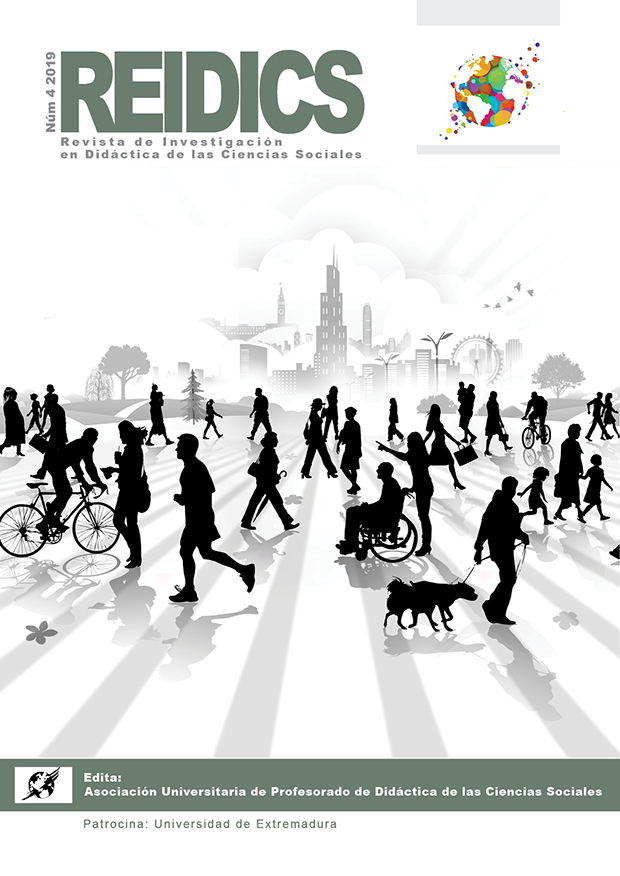The environmental problems in the training of primary education teachers
DOI:
https://doi.org/10.17398/2531-0968.04.93Keywords:
Didactics of social sciences, teacher training, environmental problems, relevant social problem, environmental educationAbstract
Environmental problems are a challenge for today's society; hence, it is an area of interest in the educational field at different levels of education. We propose an investigation from the didactics of the social sciences, in the teacher training, to analyze the social representation of this problem and the way in which the environmental challenges in the classrooms of primary education by the future teachers would be included. In this work, we present the results obtained with respect to this last question. The research, which corresponds to a case study, is established from a socio-critical approach, seeking the obtaining of results that can help in the process of teacher training. The data has been obtained through a questionnaire, developed with the purpose of obtaining both qualitative and quantitative information. The research was carried out during the 2017-2018 academic year, at the Faculty of Educational Sciences of the University of Córdoba. The results show the conception of environmental problems as a relevant concern for students; however, it highlights a fairly ambiguous conceptual knowledge marked by the influence of the media, as well as a limited capacity to propose didactic sequences that encourage a necessary social change and a holistic and comprehensive environmental education.
Downloads
Published
Issue
Section
License
Aquellos autores/as que tengan publicaciones con esta revista, aceptan los términos siguientes:
- Los autores/as conservarán sus derechos de autoría y garantizarán a la revista el derecho de primera publicación de su obra, el cual estará simultáneamente sujeto a la Licencia de reconocimiento de Creative Commons 4.0 BY-NC-SA que permite a terceros compartir la obra siempre que se indique su autor y su primera publicación en esta revista.
- Los autores/as podrán adoptar otros acuerdos de licencia no exclusiva de distribución de la versión de la obra publicada (p. ej.: depositarla en un archivo telemático institucional o publicarla en un volumen monográfico) siempre que se indique la publicación inicial en esta revista.
- Se permite y recomienda a los autores/as difundir su obra a través de Internet (p. ej.: en archivos telemáticos institucionales o en su página web) antes y durante el proceso de envío, lo cual puede producir intercambios interesantes y aumentar las citas de la obra publicada. (Véase El efecto del acceso abierto).
- Los autores y autoras han respetado la política de autoría de esta revista.







